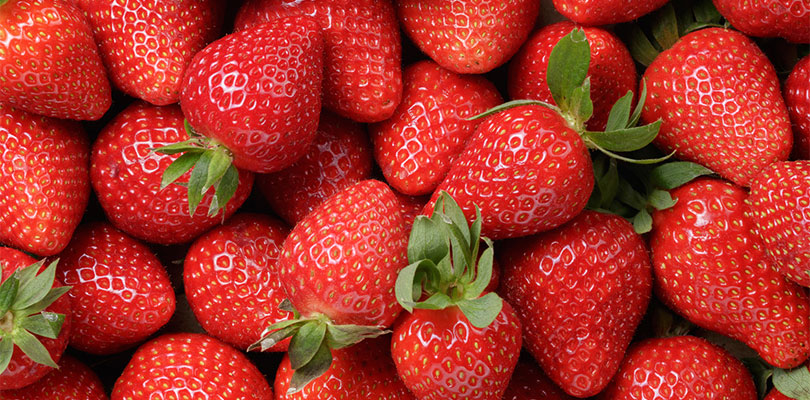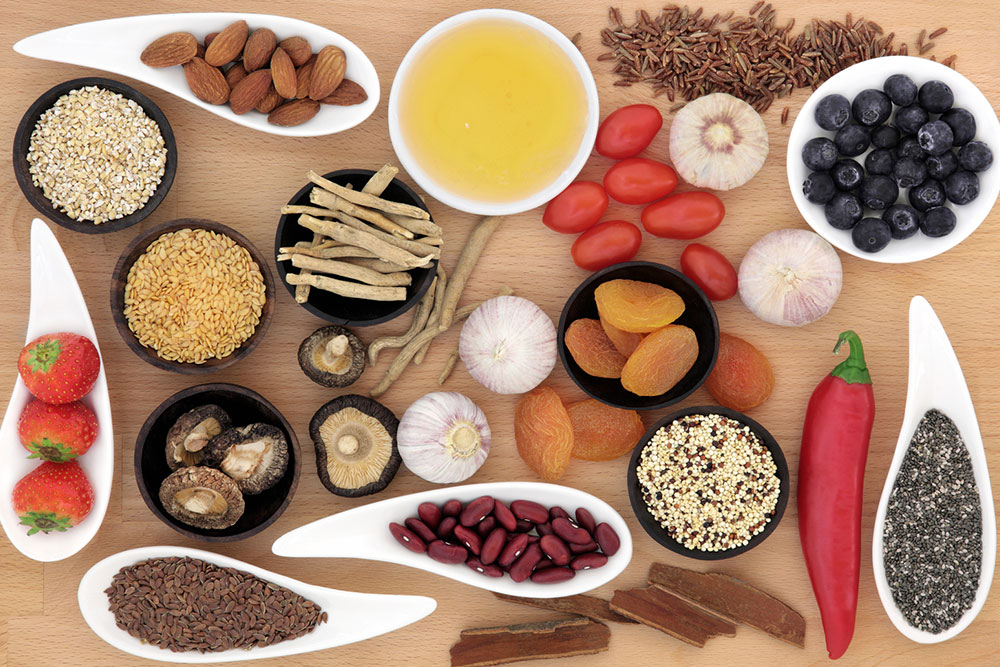
health
8 uncommon signs of leukemia
Leukemia, or blood cancer, is a type of cancer that develops in the white blood cells. It also starts with the lymphatic system and the bone marrow. The white blood cells are the body’s natural defense system against infections and allergies. Under normal circumstances, these cells grow and multiply whenever the body needs to fight off intruders. However, the white blood cells start to malform and multiply at a higher rate with the onset of the cancer. Uncommon signs of leukemia The symptoms of leukemia start to appear within a few days or weeks of tumor growth. Generally, the early indicators of this form of cancer are difficult to diagnose since they are similar to the signs of other health disorders such as influenza or GERD. As a result, diagnosis often happens later, when the severity of the symptoms increases. Therefore, if one is at a high risk of leukemia, it helps to be aware of some of the rare symptoms of the disease. Here are some of them: 1. Vomiting This symptom is generally observed in about 5% of leukemia patients. It is generally experienced before an accurate prognosis has been received. With a lot of physical and emotional changes occurring in the body, blood cancer can trigger nausea and vomiting.
Read More 















